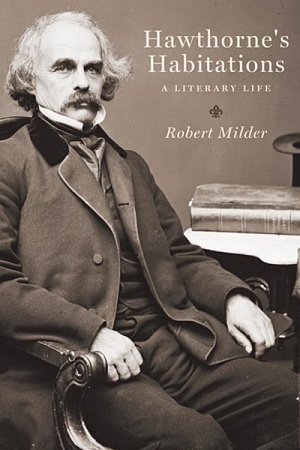Strategic Command: General Sir John Wilton and Australia's Asian Wars
OUP, $69.95 hb, 400 pp
No small talk
The name of Sir John Wilton would be unknown to the vast majority of the Australian public, to the defence community as a whole, and even, I suspect, to many of those now in the army. Such is the transitory nature of military prestige. David Horner’s biographical study seeks to correct this, and to explain the centrality of Wilton’s career to the development of Australian defence policy and operational deployment in the postwar period. This is more than a biography: while Wilton the man is not neglected, the emphasis is rather more on Wilton the professional, steadily climbing through the officer ranks in a series of appointments that culminated in his tenure as Chairman of the Chiefs of Staff Committee from 1966 to 1970.
Wilton’s career mirrored the fortunes and misfortunes of the Australian Army. After graduating from Duntroon, where he survived the infamous ‘fourth class training’ system, he was faced with unemployment, since the much-reduced army was not able to offer positions to all of the small number of graduates. He accepted a commission in the British Army and from 1931 to 1939 served in India and Burma. Returning to Australia, he saw service during World War II in the Middle East and New Guinea, in the Korean War, and in senior staff appointments in Washington and Canberra. For the last period of his career, Wilton operated at the level of ‘strategic command’, a rare experience for a senior Australian officer. The various stages of his career, prior to becoming Chief of the General Staff in 1962, gave him the opportunities to work with coalition partners, to work in integrated, multinational, high-level planning bodies, and increasingly to interact with political leaders in Australia and beyond. In all these roles, Wilton’s insistence on a professional approach saw him rise steadily in the military hierarchy, at a time when the military and political problems confronting the country were becoming more and more complex. His rise, however, was not necessarily inevitable. Wilton did not have the usual networks within the army that characterised most of those who rose to prominence during World War II. His long period in the British Army meant that he had not developed those close personal and professional relationships within the small regular army and the Citizen Military Forces that were so important. Wilton rose to the top not so much because of influential patrons but because his outstanding qualities could not be overlooked.
Those qualities served Australia well in the trying circumstances of the Vietnam War. In its combination of political and military difficulties, this was an unprecedented challenge. Drawing on his long association with South-East Asia, in particular in the planning section of SEATO, Wilton was convinced of the rightness of the cause, but he was also aware of the sensitive political dimensions of the commitment to Vietnam, especially at the domestic level. A realist, he understood that Australia’s military presence would not affect the overall outcome, and he was concerned to ensure that Australian casualties were kept to a minimum and that inter-service rivalries were kept within manageable bounds.
Those rivalries, and the attendant inefficiencies that they caused, were another of Wilton’s long-standing preoccupations. He was a determined proponent of ‘jointery’, and sought to have the five departments that together made up defence amalgamated into one. That was a truly herculean aspiration that he did not achieve before retiring in 1970, but he made significant progress towards it. These battles, and many others within the bureaucratic structure of the Services and Defence, are described in detail in Horner’s book, which skilfully balances the role of individuals, and Wilton in particular, with the broader political and military imperatives.
Wilton the man emerges from these pages as reserved and shy, impatient with the increasingly heavy social demands made on him, and unable and unwilling to engage in small talk. The overriding impression one gains is of a man of immense conscientiousness and unswerving probity, a professional who lived for the army, in the best sense of that expression. Yet what is also evident is that Wilton’s happy marriage played an important part in his life, as did his family, even when, over the issue of National Service, it might have ruptured relations with several of his children. No headliner or gregarious back-slapper, Wilton’s quiet, dedicated approach was founded on an intense pride in the Army on the one hand, and a deep sense of service on the other.
David Horner brings to this study an unrivalled knowledge of the period. His research is grounded in a mastery of the archival and other sources (has any other historian now writing interviewed so many of the players?). He has struck exactly the right note between the biographical approach and a consideration of the wider issues and settings. He has done Wilton proud, and in the process has given us a fascinating, authoritative and penetrating insight into the workings of defence at the highest levels.











Leave a comment
If you are an ABR subscriber, you will need to sign in to post a comment.
If you have forgotten your sign in details, or if you receive an error message when trying to submit your comment, please email your comment (and the name of the article to which it relates) to ABR Comments. We will review your comment and, subject to approval, we will post it under your name.
Please note that all comments must be approved by ABR and comply with our Terms & Conditions.